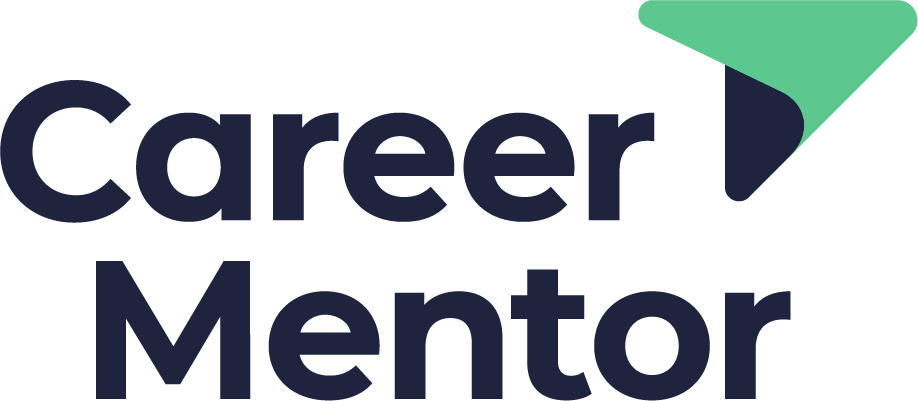Job interviews: the two agendas
If you’re having a job interview with one interviewer, there are two agendas for you to contend with. If there’s more than one person - well, let’s not even go there (just yet). In this brief read, let’s look at what those two agendas are so that you can lift your level of interview skills and thus achieve better job search results.
In an ideal scenario, the person interviewing you will hopefully be well prepared. Ahead of meeting with you, they’ll have at least read the job specification, spoken to the leader of the hiring team, and even debriefed any interviews who’ve already met you. They now have two agendas to play to. One is very obvious and the other more subtle - perhaps not even acknowledged. I realised this when I was a headhunter in the City, and once I spotted it, I observed it happening over and over again. Here are the two agendas:
Agenda 1: What the firm needs and wants
Whether it be a board level appointment or someone who brings specialist abilities, such as a portfolio manager, sales person or analyst, the firm needs the right person to take that place in their value chain. The hiring team will have thought carefully about exactly what results that post needs to achieve and then what skills you need to have in order to do that. Finally, they’ll have thought through the questions to ask so that they can be sure that you have what is needed. So far, so good.
In the interview, your job is to understand the results they’re looking for and be able to show that you have the skills. They’ll find the examples you give very reassuring and give them the confidence that, because you’ve done the same or similar before, you’ll be able to do it again - this time for them.
Some of the interviewers will have the task of layering on top of those ‘can you do the job?’ competency questions, further questions about your cultural fit and character. All pretty obvious. However, let’s now look at the second agenda, which can be more tricky to handle.
Agenda 2: What the interviewer wants
This is where it gets a little more complex and certainly more interesting.
There are three parts to this:
Interpretation. First is this individual’s interpretation of what the firm wants. Having read the brief and discussed it with the hiring team, the person sitting in front of you may have formed their view of what the firm needs to fill that gap in the value chain. Their interpretation may not be the same as the others on the hiring team, yet it’s just as valid and important to bear in mind.
Opinion. Second, they may have their own view of what the business needs. “Yes, I know what the brief says, but this is what I think we really need and I will look for that”. Again, this can’t be ignored.
Personal win. Third, depending on the interviewer’s role and their position relative to the position you’re interviewing for, they may have their own concerns. For example, If this new hire is going to report directly to me, will they make me look good? Will I be seen as an executive who makes sound hires? If this candidate is going to be at the same level as me, are they going to be in competition with me for promotion in the future?
In all fairness, most interviewers will put the best interests of the firm first, and will be primarily interested in working to that agenda. But, you can see how these other considerations may influence their thinking - even if only at a subconscious level.
How to respond to both agendas as an interview candidate
So, how do you play this as the candidate?
Well, at the most basic level, your job is to establish rapport, pre-frame if you can, and simply answer the questions posed. At the next level, you use specific techniques to guide the interview into being a conversation. This affords you the opportunity to really understand what the business needs and wants. Now you have the better chance of illustrating how you meet that brief. Perhaps there is a level above that, which is to get an understanding or what would be a win for the person directly in front of you. Show how you can help the interviewer get their win and be a strong fit for the business. Then, you’ll have really lifted your interview skills to a whole new level and success will follow.
If you have an interview coming up and would benefit from some advice, let’s talk. Click here to schedule a no-strings-attached, 15 minute coaching call on how to best navigate the multiple agendas in an interview context.
